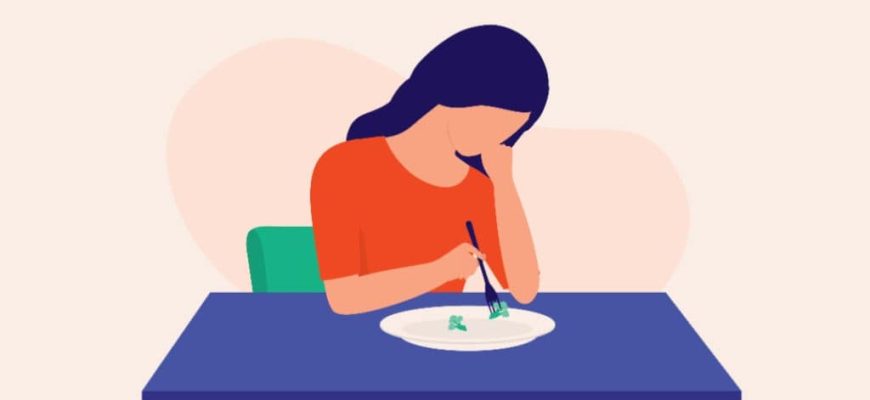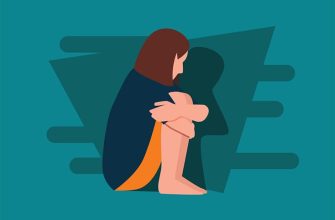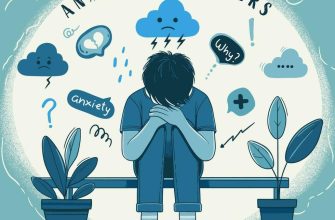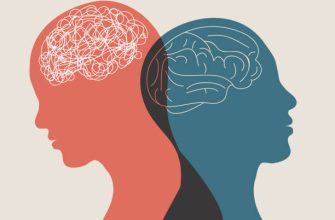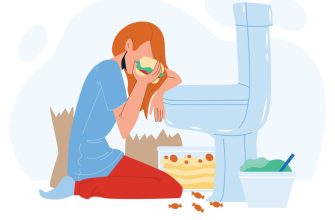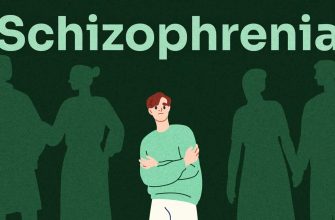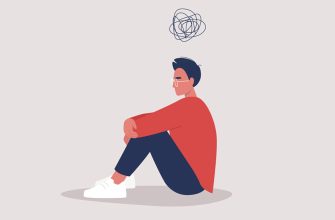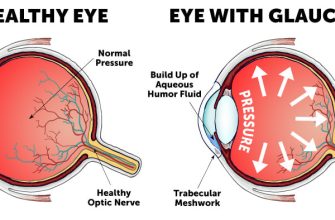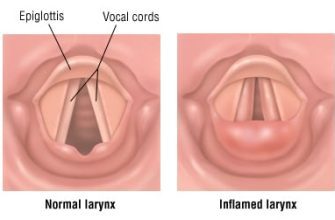Anorexia Nervosa is a serious mental health condition characterized by an intense fear of gaining weight and a distorted body image, leading to self-imposed starvation and excessive weight loss. It is one of the most well-known eating disorders and can have severe physical and psychological consequences if left untreated.
What is Anorexia Nervosa?
Anorexia nervosa is an eating disorder where individuals restrict their food intake, often to dangerously low levels, despite being underweight. It involves a preoccupation with weight, body shape, and food, and often includes behaviors aimed at controlling weight, such as excessive exercise, vomiting, or misuse of laxatives.
Etiology (Causes)
The exact cause of anorexia is unknown, but it is believed to result from a combination of biological, psychological, and environmental factors:
- Biological Factors:
- Genetic predisposition: Family history of eating disorders or mental health conditions.
- Neurochemical imbalances: Dysregulation of serotonin and dopamine, which affect mood and appetite.
- Hormonal changes: Disruptions in hormones that control hunger and satiety.
- Psychological Factors:
- Perfectionism, obsessive-compulsive traits, or high anxiety.
- Low self-esteem or negative body image.
- A need for control, especially in response to stress or trauma.
- Environmental Factors:
- Societal pressure to be thin, often reinforced by media and cultural ideals.
- Family dynamics: Overprotective or critical parenting, or a history of abuse.
- Peer pressure, particularly in adolescence.
- Other Risk Factors:
- Participation in activities that emphasize thinness (e.g., ballet, gymnastics, modeling).
- History of dieting or weight-related teasing.
Types of Anorexia Nervosa
- Restricting Type:
- Weight loss is achieved through dieting, fasting, or excessive exercise.
- No regular binge-eating or purging behaviors.
- Binge-Eating/Purging Type:
- Individuals engage in binge eating or purging behaviors (e.g., vomiting, laxative misuse).
- Still characterized by significant weight loss and fear of gaining weight.
Symptoms
Anorexia affects both the body and mind.
- Physical Symptoms:
- Extreme weight loss or being underweight.
- Fatigue, dizziness, or fainting.
- Thinning hair, dry skin, or brittle nails.
- Amenorrhea (loss of menstrual periods in females).
- Cold intolerance or feeling cold all the time.
- Growth of fine hair (lanugo) on the body.
- Gastrointestinal issues (e.g., constipation, bloating).
- Behavioral and Emotional Symptoms:
- Intense fear of gaining weight or becoming fat.
- Distorted body image (seeing oneself as overweight despite being underweight).
- Preoccupation with food, calories, and dieting.
- Social withdrawal or avoidance of meals.
- Irritability, depression, or anxiety.
- Rigid exercise routines.
Diagnosis
Diagnosis is based on clinical evaluation and specific criteria outlined in the Diagnostic and Statistical Manual of Mental Disorders (DSM-5):
- Restriction of energy intake leading to significantly low body weight.
- Intense fear of gaining weight or becoming fat.
- Disturbance in self-perceived weight or shape, or denial of the seriousness of low body weight.
Diagnostic tools may include:
- Physical exams (e.g., BMI, vital signs).
- Blood tests to check for malnutrition or organ damage.
- Psychological assessments to evaluate thoughts and behaviors related to food and body image.
Treatment
- Medical Treatment:
- Addressing malnutrition, electrolyte imbalances, or organ damage.
- Hospitalization may be necessary in severe cases to stabilize the patient.
- Psychological Therapy:
- Cognitive Behavioral Therapy (CBT): Helps challenge distorted thoughts about body image and food.
- Family-Based Therapy (FBT): Especially effective for adolescents, involves family in the recovery process.
- Dialectical Behavior Therapy (DBT): Focuses on emotional regulation and coping skills.
- Nutritional Counseling:
- Working with a dietitian to develop a balanced meal plan and restore healthy eating habits.
- Medication:
- No specific medication for anorexia, but antidepressants or anti-anxiety drugs may help with co-occurring conditions like depression or OCD.
- Support Groups:
- Peer support can provide encouragement and reduce feelings of isolation.
Social Assistance
- Family and Friends:
- Educate themselves about anorexia to provide understanding and nonjudgmental support.
- Encourage treatment and avoid commenting on weight or appearance.
- Support Groups:
- Organizations like the National Eating Disorders Association (NEDA) or Beat Eating Disorders offer resources and support groups.
- School or Workplace Accommodations:
- Adjustments may be needed to reduce stress and support recovery.
- Online Resources:
- Websites, forums, and helplines provide information and support for individuals and families.
- Therapeutic Communities:
- Residential or outpatient programs specializing in eating disorders can provide structured care.
Prognosis
Recovery from anorexia is possible, but it can be a long and challenging process. Early intervention improves outcomes, but relapse is common. Long-term follow-up and support are crucial for sustained recovery.
